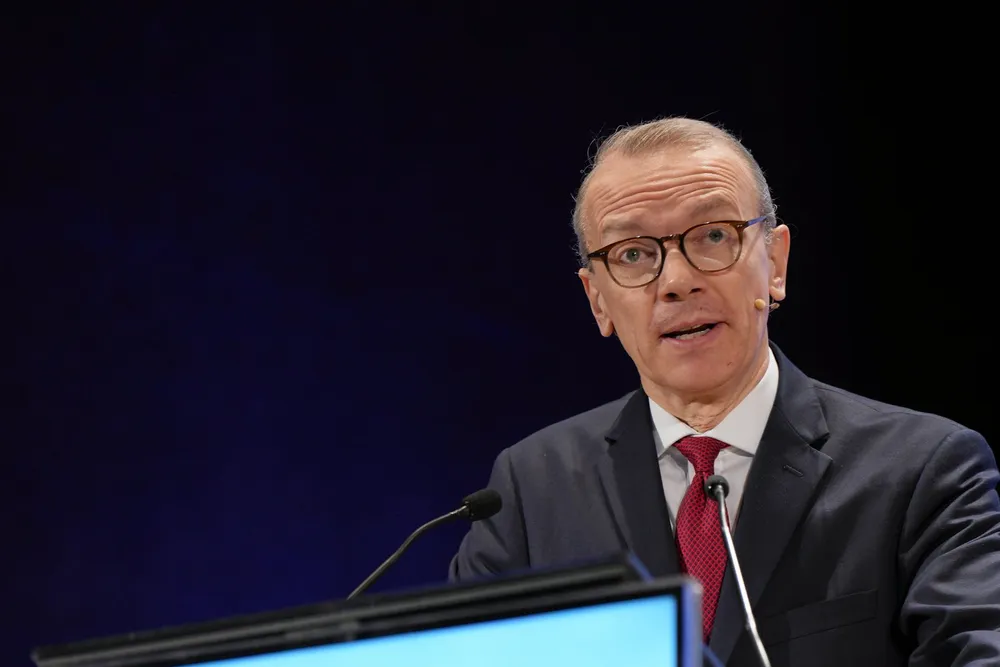Wind crucial to European security but policy must help not hinder: WindEurope CEO
Giles Dickson says sector can aid increased focus on security and critical infrastructure but needs right tools to do so

The wind power industry is well placed to contribute to a new Europe-wide focus on security and defence – but needs key actions by policymakers to play its full part, said WindEurope CEO Giles Dickson.
“The strengthening of Europe’s defence manufacturing will strengthen manufacturing in the whole of Europe – everyone gains, there will be technology gains, infrastructure gains,” said Dickson.
“Serious public support helps to engender a whole new approach to public investment and is more likely to result in governments taking a more positive view of infrastructure.
“We see it as a positive for the wind industry.”
Dickson’s comments came ahead of the WindEurope Annual Event in Copenhagen this week, where the industry will also grapple with the implications of Donald Trump’s sweeping trade tariffs.
“The European wind industry wants open and fair trade, and anything that undermines that has downsides,” said the WindEurope CEO.
With key policymakers set to join industry executives in Copenhagen, Dickson set out the main levers governments need to pull to help the industry close what WindEurope warned earlier this year could be a 75GW miss of the EU’s 2030 wind installation targets.
With permitting of projects still a drag on growth, Dickson said member states urgently need to adopt – and make sure their courts apply – EU rules over the issue, including the presumption of overriding public interest for developments.
Governments also need to “strip out zombie projects from grid connection queues and prioritise the strategic ones”.
WindEurope wants to see immediate support for electrification by major industries. “The EU clean industrial deal puts a lot of new money on the table, use it now,” urged Dickson. That electrification should be readily underpinned by power purchase agreements (PPAs), he added, expressing serious concern at EU rules that mandate very high levels of on-site generation for industrials seeking to tap renewables, which are simply unrealistic for many.
Using contracts for difference (CfD) power agreements in underpinning the business case for new wind projects will also be crucial, said Dickson.
“These are very simple things you can do,” the WindEurope chief said of policymakers. “We know you’re challenged and we know you have to take urgent action to improve Europe’s competitiveness and security.
“Wind can be central to that. Wind is cheap so it can keep energy bills down for everybody.
“Wind is good for security because it’s local. It all fits.”
(Copyright)